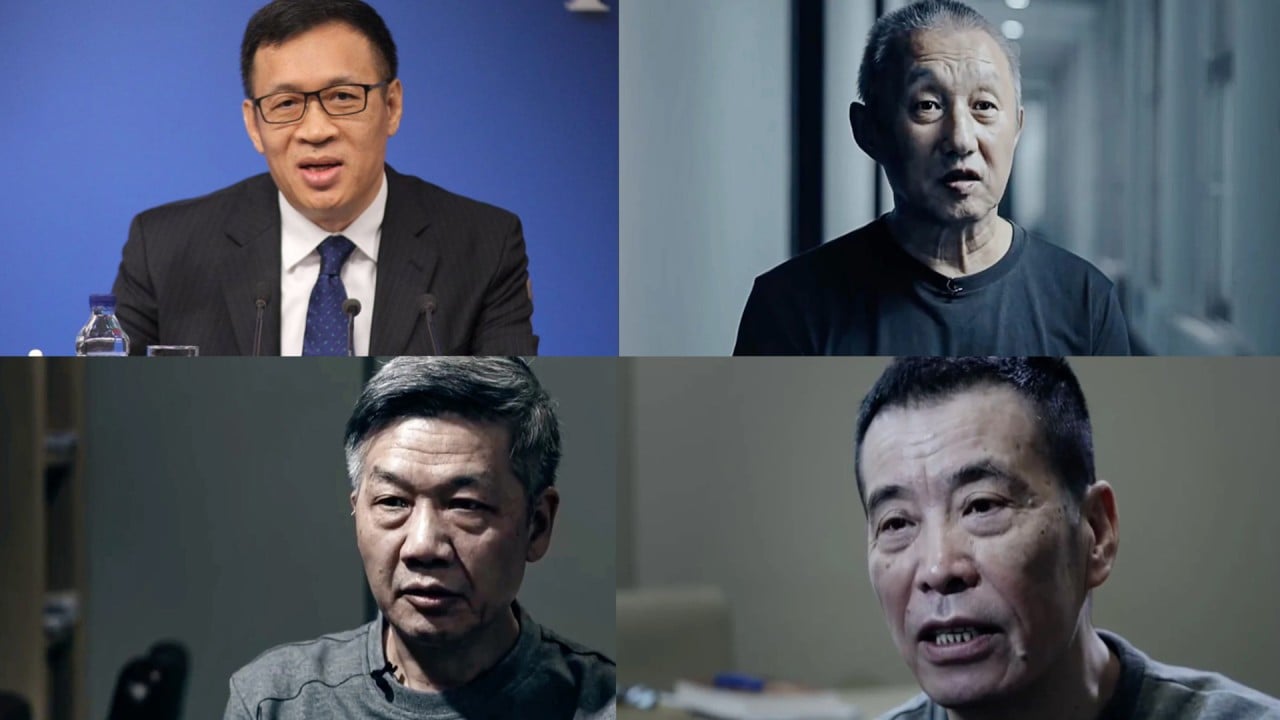For months the debate about whether Hong Kong has become – or will soon become – “just another Chinese city” has been heated and evenly poised.
Those who say it is losing its distinctiveness cite the plans for the Greater Bay Area, the decline of the economy and the introduction of security legislation.
Those making the case against highlight President Xi Jinping’s promise to preserve Hong Kong’s common law system in the long run. They also cite the city’s continued access to a free flow of capital and information.
These elements, they say, distinguish Hong Kong from cities in mainland China and are instrumental in preserving Hong Kong’s status as a financial centre.
But two Hong Kong assets that are mentioned less often are its relatively clean public sector and a citywide culture that makes it more difficult for corruption to take hold.
These are the results of persistent effort since the establishment of the Independent Commission Against Corruption (ICAC) 50 years ago.
As older generations can testify, the police, fire service and the rest of the public sector were riddled with corruption in the 1950s and 60s – so much so that it was a staple theme of Hong Kong movies.
ICAC was undoubtedly instrumental in turning the corruption tide but other factors contributed as well.
One was the minimal political interference in the agency, which before the handover in 1997 reported directly to the governor and subsequently to the chief executive.
Other institutional checks and balances on civil servants also played their part. These included public tenders, disclosure regulations, free media, non-governmental organisations and Legislative Council and District Council watchdogs.
Over the past generation or so, these elements have helped to change the mindsets of the majority and cultivate a culture of transparency.
While it is naive to say there is no corruption in the city, a resident of Hong Kong can live his or her life without worrying whether to pay bribes for everyday services such as getting a restaurant licence, applying for public housing or schools, getting a job, or receiving medical care in a hospital.

07:00
China airs 4-part anti-corruption series on prime-time TV amid renewed crackdown on graft
China airs 4-part anti-corruption series on prime-time TV amid renewed crackdown on graft
A clean public sector and a culture resistant to corruption contribute to a stable business environment and help attract talent, which are crucial to an international city.
The mainland has been in the grips of an anticorruption crackdown for more than a decade, with the Communist Party’s graft watchdog, the Central Commission for Discipline Inspection (CCDI), sweeping through one sector after another, from finance, to medicine, the military, and more recently, sport.
The watchdogs have also not been spared, with some senior graft investigators detained for corruption.
While the CCDI is similar in some ways to ICAC, the corruption crackdowns on the mainland are mainly driven by political decisions about which sector the party wants to clean up.
Like Hong Kong, mainland authorities have also introduced procedures such as public tenders and procurements in recent years. But there are still many grey areas and it has long been a culture for people to exchange favours through connections, if not outright bribes.
The CCDI’s role in maintaining checks on the public sector is also that much greater on the mainland given the increasingly tight restrictions on the media and civil society.
For now, Hong Kong is holding its own.
The city ranked 14 among 180 “countries” on the Corruption Perception Index, which assesses jurisdictions “by their perceived levels of public sector corruption, as determined by expert assessments and opinion surveys”.
That put Hong Kong ahead of mainland China on 42 but behind Singapore on five.
Beijing and Hong Kong should do everything to preserve the factors that contribute to a clean public service and society; and exercise extreme caution when it wants to change rules such as granting land directly without tenders to speed up the process.
A clean and transparent Hong Kong not only helps to preserve the city’s competitiveness, it can become an example to other mainland cities, helping to change mindsets gradually and benefiting Beijing’s fight against corruption.

